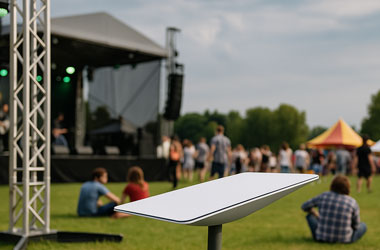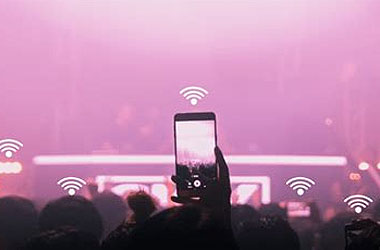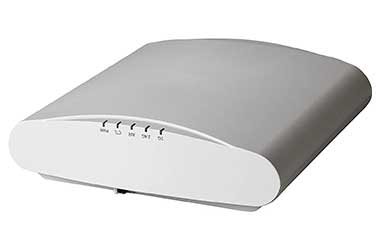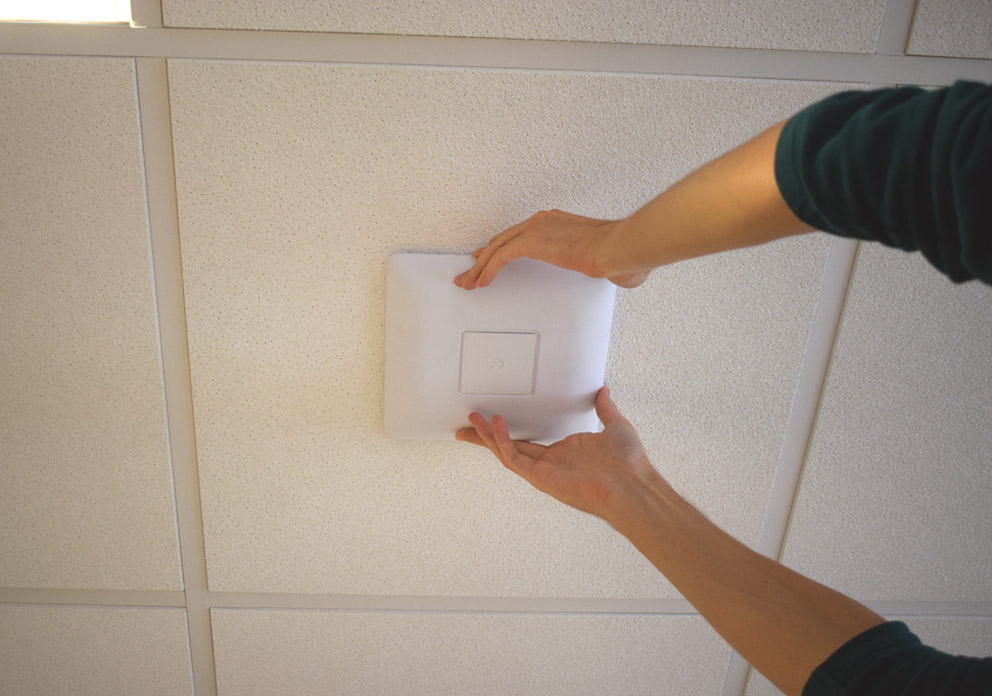Many hotel guests would prefer a hotel staycation that feels like home. One of the significant factors that add up to superb service in the hotel industry is an excellently installed and configured WiFi system. Not all WiFi systems are alike and not all WiFi service provider share the same best practices for putting one up. A hotel WiFi installation requires knowledge of multiple items including the hotel’s physical layout, expected usage from guests, off-season scheduling and many more. Made By WiFi has narrowed down 7 best practices which are broken down in more detail below.
 1. Know your guests and their expectations
1. Know your guests and their expectations
Remember these three words—Fast, free, and easy. These are essential to any hotel WiFi network. Even on vacations or when staying abroad, having a consistent and reliable internet connection is a must. Some guests rely on the hotel WiFi network to communicate with their loved ones back home while other guests may use the internet connection to work remotely. Any hotel WiFi installation requires in-depth knowledge of client usage expectations and should be tailored accordingly.
2. Do what is right rather than easy
Hotel WiFi is not a mass-produced product that can be purchased by anyone. No two WiFi networks are the same and every hotel must treat its WiFi installation uniquely. Try to avoid cookie-cutter solutions or WiFi service providers that want to cut corners. Investing in a great network once will help reduce future costs associated with support, maintenance, and upgrades.
The critical point here is doing it right the first time and not treating hotel WiFi as a commodity.
3. Conduct a hotel WiFi site survey
This is an integral step when installing WiFi in a hotel or any type of property for that matter.
A wireless site survey helps to prepare for the hotel WiFi installation by providing insight into ideal access point placement, channel configuration, coverage and capacity expectations. Without a wireless site survey, you’re essentially coming into your installation blind and should prepare for some sort of failure. Conducting a wireless site survey will provide essential information for your network engineers that can help reduce installation costs and prevent future support requests from end users. Check out our blog post about benefits of site survey.
4. Establish your hotel WiFi network design
The results of the WiFi site survey will make choosing your hotel WiFi network design very easy. By understanding how the signal from the individual access points will overlap with each other, you will be able to choose the appropriate channel plan to improve the coverage and performance. The 2.4Ghz only offers three channels, which are crowded and challenging to design.
In most countries, channels 1, 6, and 11 are the only non-overlapping channels for a 2.4Ghz band. The 5Ghz band could offer better performance because of the variety of channels to choose from. Hotel WiFi network design is not limited to the configuration as there are physical challenges to overcome as well. Access points need to be placed and positioned properly as they work best with a line of sight to the end user’s device.
Proper placement provides adequate coverage, throughput, functional connectivity, and minimal interference. Common mistakes include placing access points behind walls or other structures that may prevent the proper propagation of the wireless signal. Many hotels opt to place access points in each room and while this solution can offer great coverage, it can be pricey and will require immense configuration to prevent cross channel interference.
5. Know what not to do
Guests want a hotel WiFi network that simply works without any hassle. This means a simple login process that’s only done once. Using a splash page is often recommended when providing hotel guest WiFi but this can be a double-edged sword. On one end, a splash page can offer an easy to use, branded login process. On the other end, a splash page can easily become overcrowded, burdensome and confusing to its end users. Some hotels WiFi networks like to implement network timeout policies which will require its guests to log in after a period of inactivity. This is a useless configuration that does not save any money or provide any extra security features. It is simply a hassle for guests who just want to automatically join saved WiFi networks rather than having to re-enter their credentials.
6. Perform hotel WiFi installation during the off season
Installing a hotel WiFi network can be time-consuming, disruptive and loud. A WiFi installation can interrupt a guest’s stay and lead to negative reviews. Try to handle this during the off season so that the installation can be done quickly and efficiently. If your property is open year round, you have to be strategic with your installation to make sure you don’t disturb guests. This could mean working odd hours or temporarily closing parts of your hotel.
7. Maintain excellent hotel WiFi security
Security is a huge concern for people using public networks and it should be your utmost priority to maintain your hotel WiFi security to its highest standard. It is vital to safeguard your guest’s personal information and this can be done through enabling a virtual local area network (VLAN) per device or room. Keeping every device in its own VLAN will disable communication between devices connected to the network. Without such basic security standards guests would have access to each others personal files and even your hotels network.
How To Get The Perfect Hotel WiFi Installation
WiFi in a hotel has its own unique qualities just like WiFi in any type of building or environment. Perfecting it is a science and requires a precise understanding of the craft. Trust your hotel WiFi installation to a service provider that can deliver the best practices mentioned here and customize the network to the unique needs of your guests and your business. Make sure to use the right equipment for your hotel WiFi installation including routers and access points that are meant to support multiple devices in a high-density environment.
When it comes to your budget, don’t be afraid to spend if you want to do it right. Most hotels WiFi networks would not operate properly if you used WiFi equipment that is purchased from big store retailers. You will need equipment that can maintain usage quality, even with heavy demands. Your guests want good WiFi and as a hotel owner – you need to deliver.









